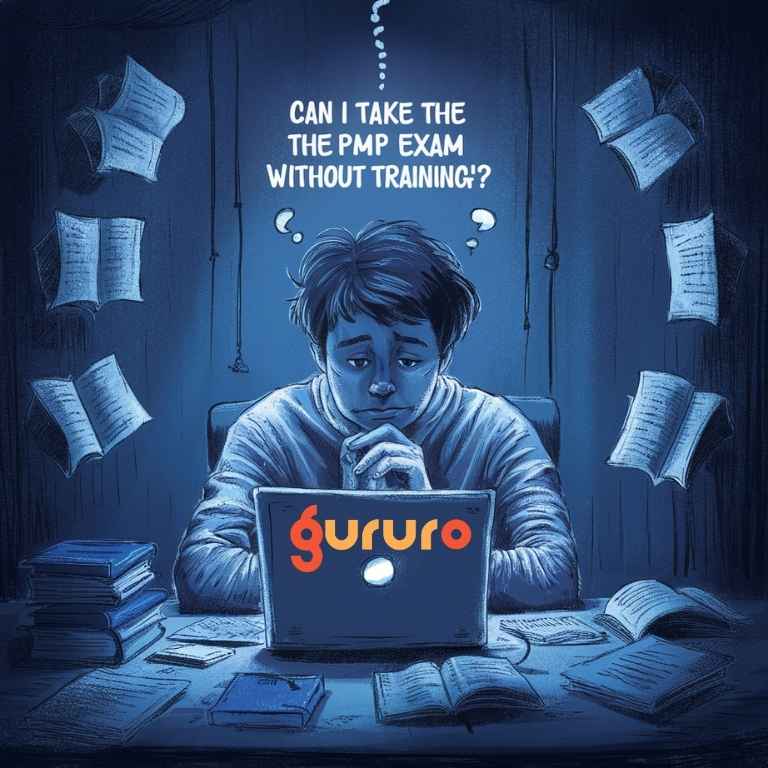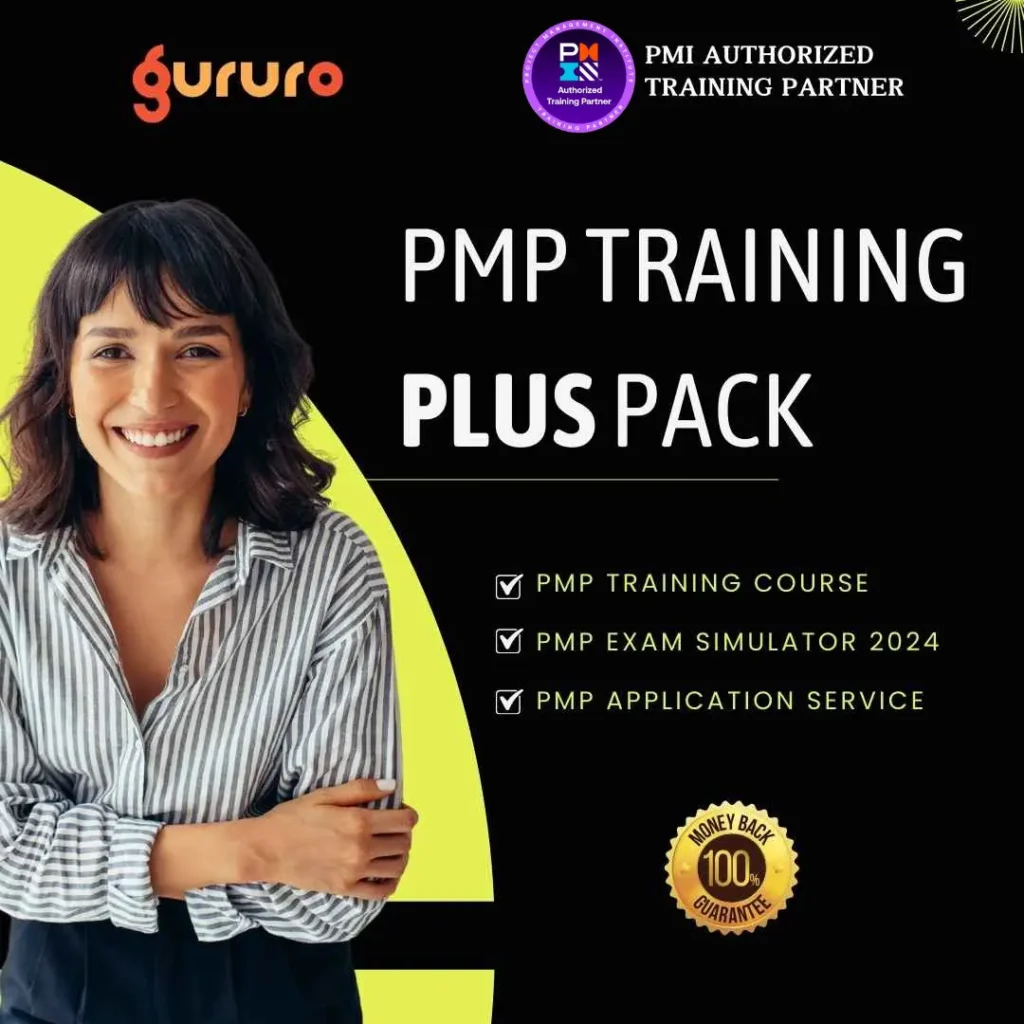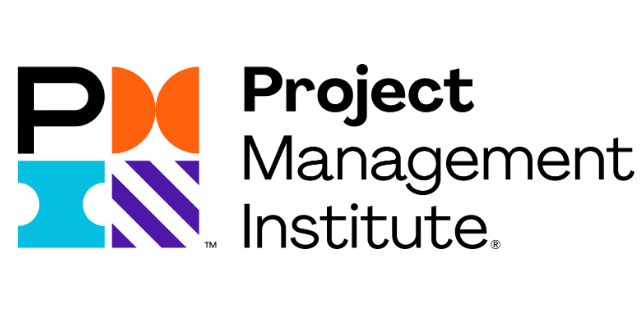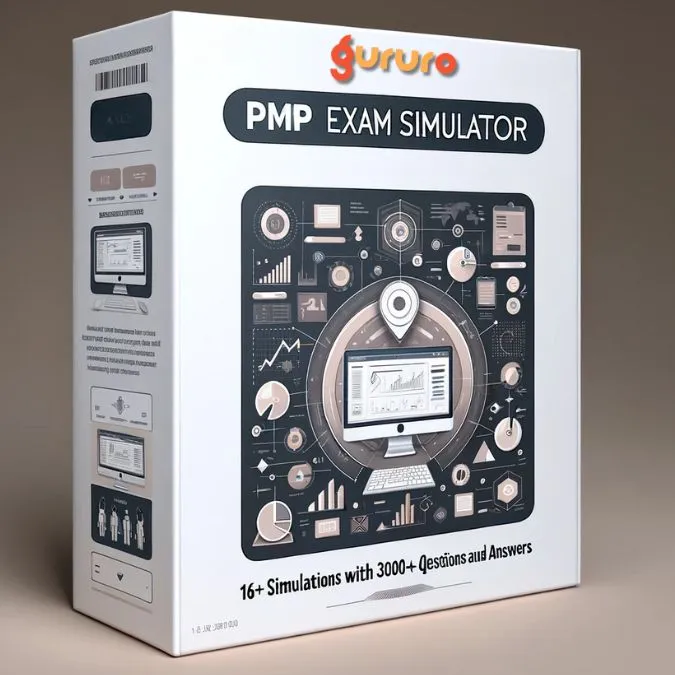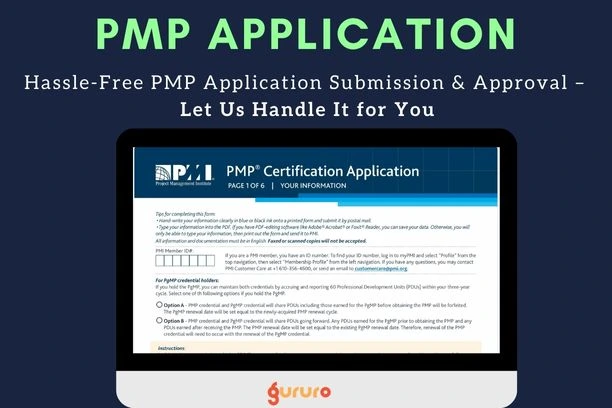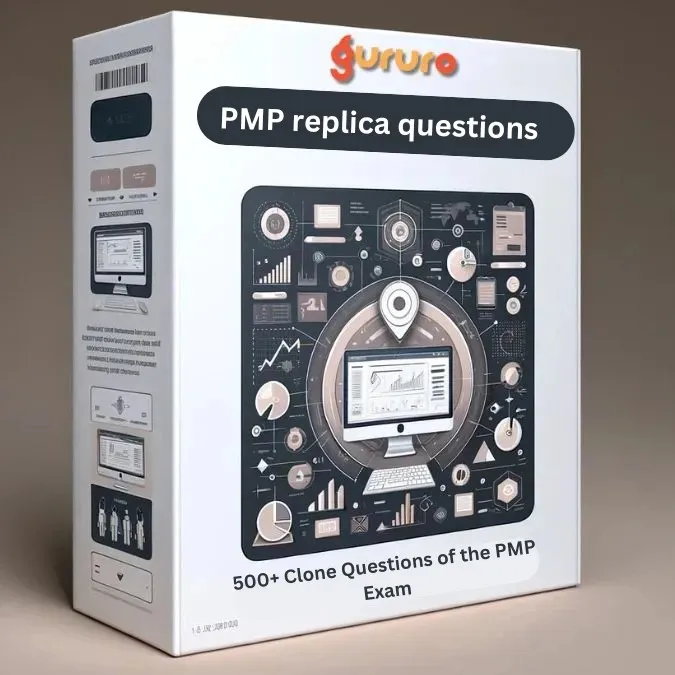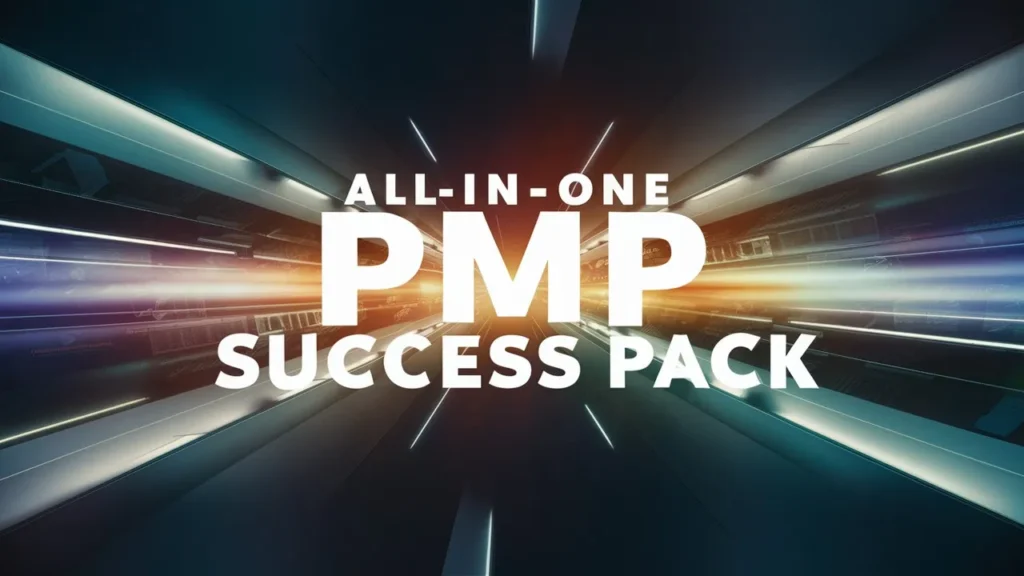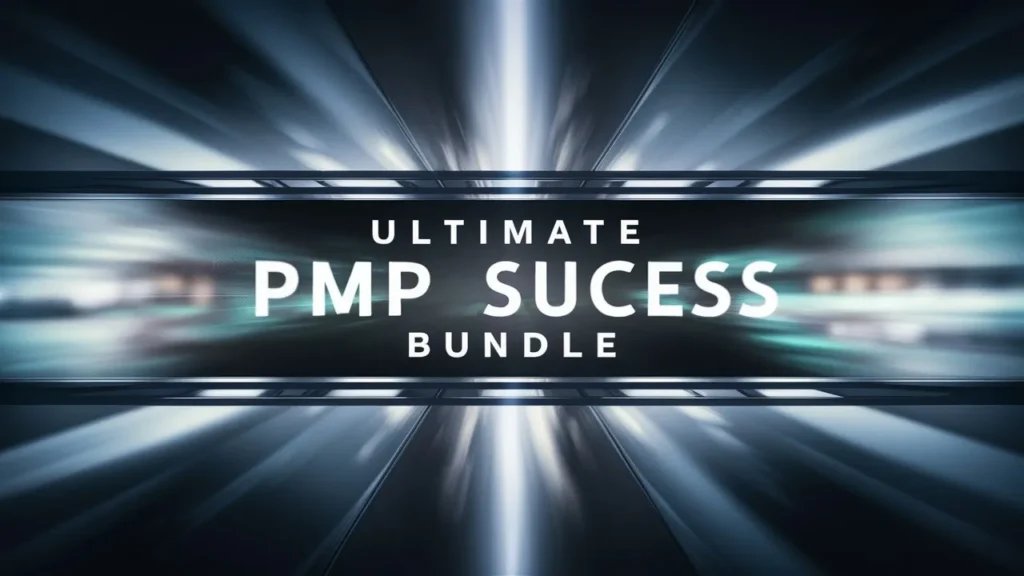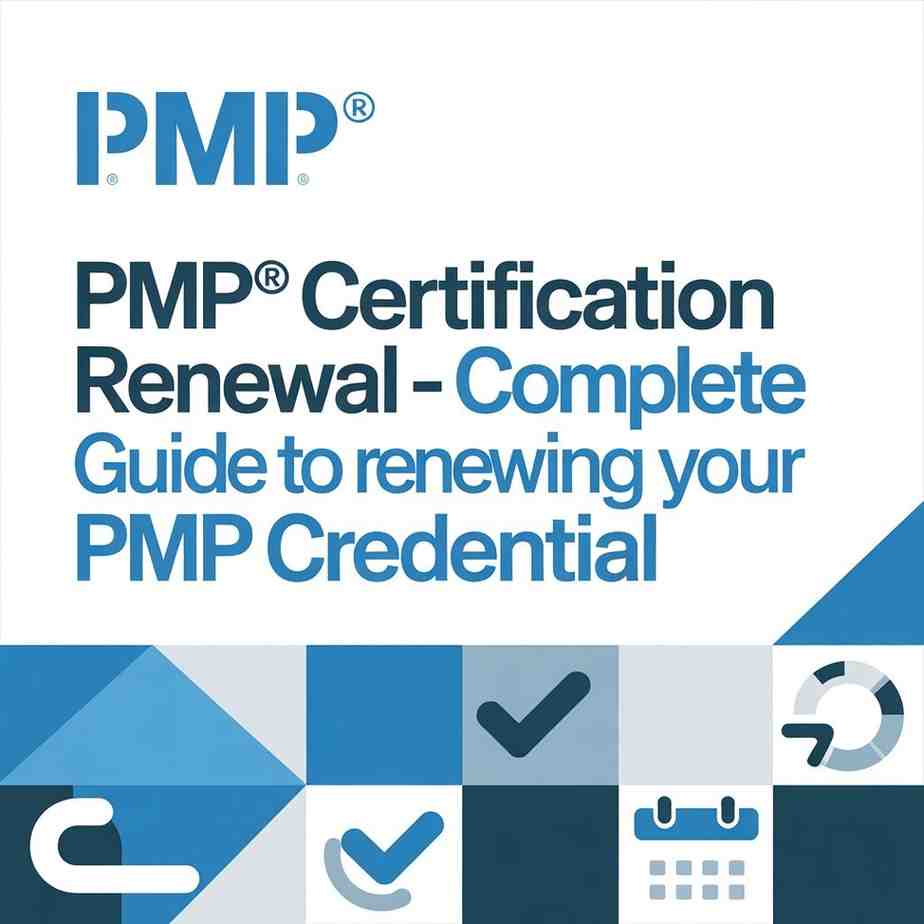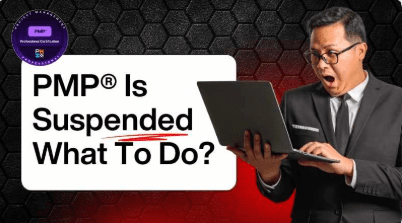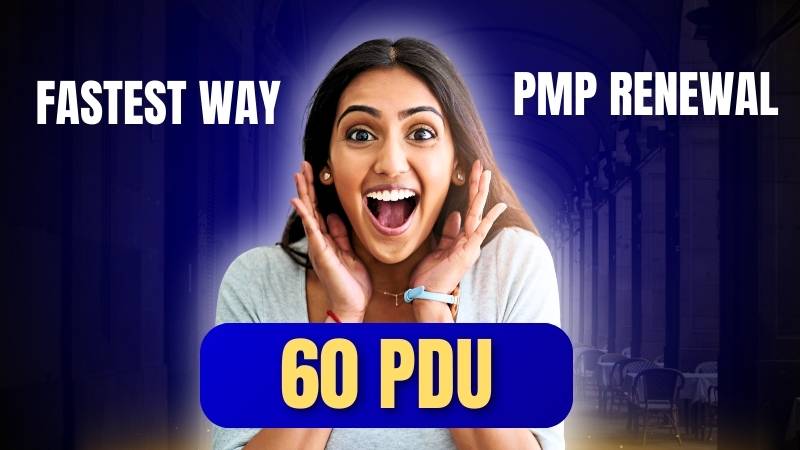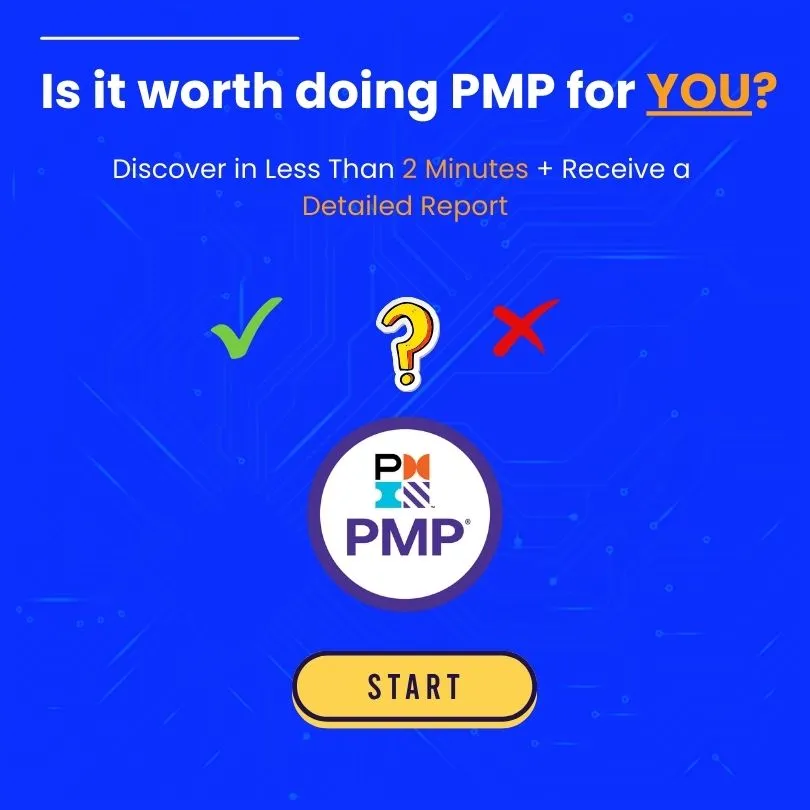Project Management Professional (PMP) certification is one of the most respected and sought-after credentials in project management. It opens doors to high-paying jobs, global recognition, and increased career opportunities. But one question frequently arises among aspiring PMPs: “Is formal training required to sit for the PMP exam?”
The answer is nuanced. While formal classroom training isn’t the only way to meet the requirements, the Project Management Institute (PMI) mandates 35 hours of project management education before taking the exam. However, many paths are available to achieve this prerequisite. This blog ‘Can I Take the PMP Exam Without Training’ will clarify PMI’s contact hour requirement, the types of training that fulfill it, and alternatives to traditional classroom-based training. We’ll also explore self-preparation strategies and how to ensure you’re ready for the PMP exam.
PMI’s Mandatory 35 Contact Hours Requirement
One of the first things to understand about the PMP certification process is PMI’s requirement for 35 contact hours of project management education. These contact hours represent time spent specifically learning or training in project management principles, methodologies, and practices. Why does PMI enforce this requirement?
The answer lies in PMI’s commitment to ensuring that certified project managers possess foundational knowledge and skills. By requiring 35 contact hours, PMI ensures that each PMP candidate has at least a baseline level of project management education to build upon. This requirement prepares you for the exam and helps you gain the skills needed to lead projects successfully.
What Qualifies as Valid Contact Hours?
Not all training hours qualify toward the PMP contact hour requirement. PMI specifies that these hours must be related directly to project management. Activities and sessions that can count include:
- Formal project management courses: Provided by accredited institutions, universities, or PMI-authorized training providers.
- Online courses: As long as they cover project management topics and meet PMI’s standards.
- Workshops and seminars: Many conferences or project management workshops provide hours that count toward the 35-hour requirement.
These contact hours can be earned through in-person classes or online training programs, offering flexibility in how you meet this requirement.
Understanding What Qualifies as Contact Hours
Meeting the 35-hour requirement doesn’t mean you need to sit in a traditional classroom. PMI accepts various educational methods to complete the contact hours, making it easier for working professionals to meet the requirements.
Types of Training PMI Accepts
- PMI-Registered Online Courses: Online courses specifically approved by PMI often count toward the 35 contact hours. For example, Gururo’s PMP Certification Training is designed to meet this criterion, giving you access to quality content from PMI-accredited instructors.
- University Classes: Some university courses focus on project management principles and can qualify for contact hours. These classes often provide both theoretical and practical insights into project management.
- Project Management Workshops: Industry workshops often cover project management methodologies, tools, and strategies, contributing to contact hours if they align with PMI’s standards.
- Virtual Workshops: Many training organizations offer virtual or self-paced workshops that meet the 35-hour requirement. For those unable to attend in person, this is an efficient way to fulfill PMI’s educational prerequisites.
Alternatives to Classroom Training for the 35 Contact Hours
If traditional classroom settings aren’t feasible, various other options are available to help you meet the 35-hour requirement without sacrificing quality.
Flexible and Cost-Effective Options
- Online, Self-Paced Courses: Platforms like Gururo offer PMP Certification Training designed for flexibility, enabling you to study at your own pace while still fulfilling PMI’s requirements. These courses often come with added resources like downloadable materials and lifetime access.
- PMI Chapter Events: PMI chapters frequently host events, seminars, and training sessions that can count toward your 35 contact hours. These are often cost-effective and provide valuable networking opportunities.
- Hybrid Programs: Some providers offer hybrid programs that blend in-person and virtual learning. This model combines the benefits of instructor-led training with the convenience of online access, making it a versatile option for busy professionals.
Challenges of Self-Study After Meeting the Contact Hours Requirement
While it’s possible to meet the 35-hour requirement through non-traditional training, self-study for the PMP exam presents its own set of challenges. Here are some common difficulties:
- Depth of Material: The PMP exam covers a broad range of topics, from project initiation to closing. Self-studying requires navigating complex topics without expert guidance, which can lead to knowledge gaps.
- Discipline and Consistency: Preparing for the PMP exam through self-study demands a high level of self-discipline. Staying motivated without a structured course can be difficult, especially for candidates juggling work and personal responsibilities.
- Access to Experienced Guidance: Formal training often provides access to instructors who are experienced PMPs. This mentorship can be invaluable for understanding intricate concepts or asking clarifying questions.
- Structured Learning Paths: Formal programs are usually designed to build knowledge progressively, covering the PMP exam content outline systematically. Self-studying lacks this structure, which can make it challenging to cover everything in an organized way.
While these challenges shouldn’t deter you from self-study, it’s essential to recognize that self-preparation might require additional resources. A practice tool like the PMP Simulator can be instrumental for simulating the exam environment and testing your knowledge.
Preparing for the Exam After Fulfilling the Contact Hours
Once you’ve completed the mandatory 35 hours, you’re eligible to apply for the PMP exam. However, meeting the requirements alone doesn’t guarantee success on the exam. Here are essential steps to improve your exam readiness:
1. Use the PMBOK Guide and Supplementary Resources
The PMBOK Guide (Project Management Body of Knowledge) is the primary resource recommended by PMI. Complementing this with other resources, such as test prep books, can give you a broader understanding. Many PMP candidates also use Gururo’s free PMP application, simulator, and study plan as additional resources to strategize their preparation.
2. Practice with a PMP Simulator
One of the most effective ways to gauge your readiness is by taking practice exams. The PMP Simulator provides a realistic test environment and helps you build stamina and timing strategies essential for the real exam. Practice tests can identify your strengths and weaknesses, allowing you to adjust your study focus.
3. Create a Structured Study Plan
A study plan is critical for organized preparation. Break down the PMBOK Guide by knowledge areas, and allocate study time to each. Many candidates use a mix of reading, video lectures, and quizzes to reinforce their learning.
4. Join Study Groups or Forums
Interacting with other PMP aspirants can help reinforce your knowledge. Study groups, either in person or online, provide opportunities to discuss complex topics and clarify doubts. Many PMP forums have active members who share insights, exam strategies, and additional resources.
5. Focus on Weak Areas
After taking practice exams, focus more on the areas where your performance lags. Whether it’s risk management, procurement, or stakeholder engagement, dedicating extra time to weaker areas can boost your overall score.
Conclusion: Can I Take the PMP Exam Without Training
To wrap up, meeting PMI’s 35 contact hour requirement is non-negotiable. It ensures every PMP candidate has foundational knowledge in project management, but how you acquire these hours can vary widely. While traditional classroom training is an option, it’s not the only path. Online courses, virtual workshops, and self-paced programs offer flexibility and affordability for those balancing a busy schedule.
Once you fulfil this requirement, your journey to PMP success continues with disciplined self-study, consistent practice, and, ideally, a blend of resources to support your understanding. Achieving the PMP certification is more than just meeting the minimum requirements; it’s about preparing thoroughly to excel in your project management career.
If you’re ready to start your PMP journey, explore Gururo’s PMP Certification Training to satisfy the 35 contact hours requirement with structured, engaging content. And when you’re ready to test your knowledge, the PMP Simulator offers realistic practice that will help you gain confidence for the real exam. For a completely free PMP preparation toolkit, check out our free PMP application, simulator, and study plan.

